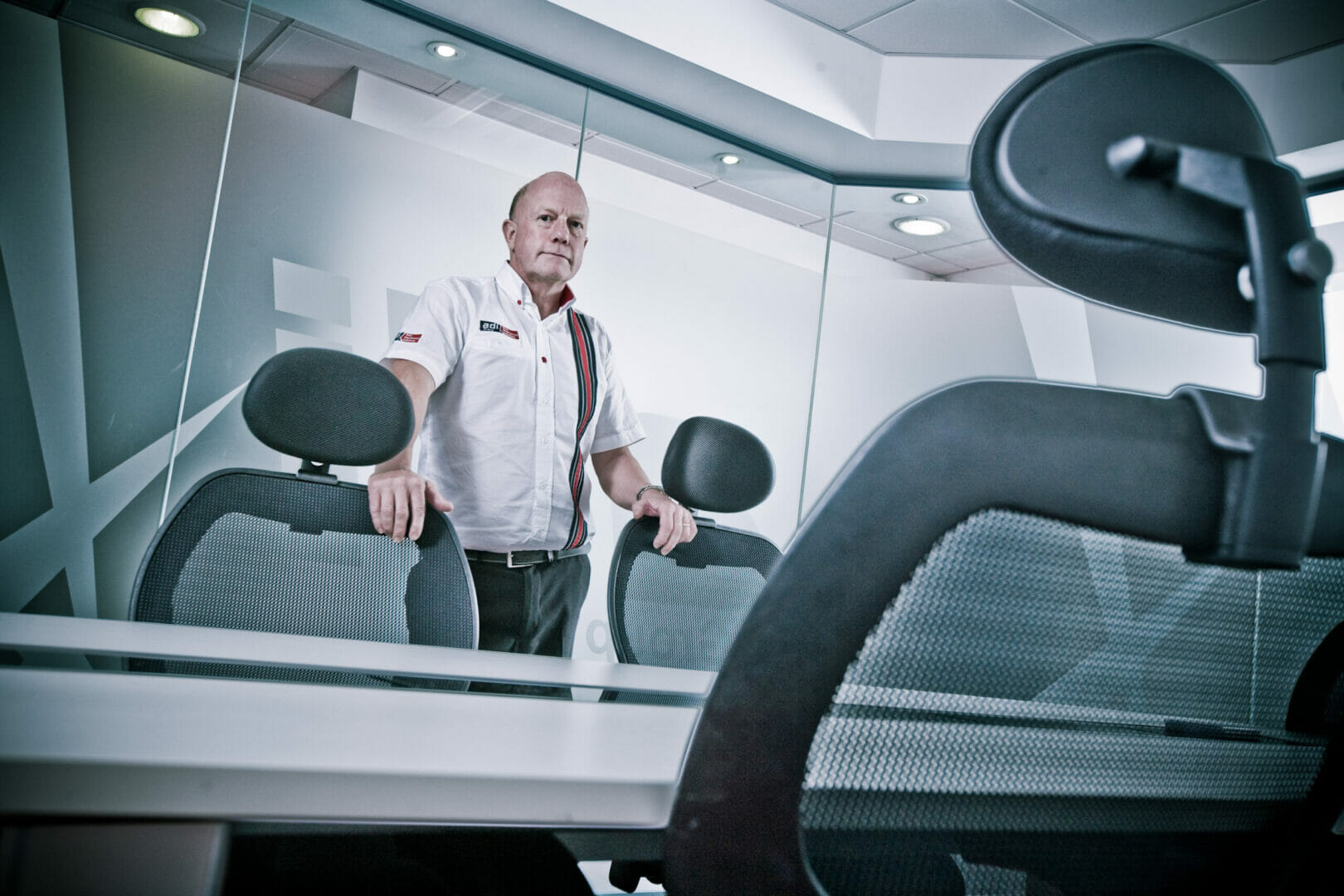With almost each new day revealing yet another shocking economic statistic or projection, it is clear the UK faces what Chancellor Rishi Sunak describes as a ‘severe recession, the likes of which we haven’t seen’.
Alan Lusty, CEO of adi Group, a multidisciplinary engineering business in Birmingham, reflects on the principles he believes helped his company emerge stronger from the three recessions since he founded it 30 years ago this month.
“Like many companies, adi Group had a very different vision for 2020. Before the pandemic, we had ambitious plans to add further divisions to our engineering business and strengthen our offering.
We had the added prospect of celebrating adi’s 30th anniversary this month and I was looking forward to not only recognising our excellent teams’ contributions but also doing some reminiscing.
Sadly though, the world was turned on its head by a microbe and our plans were shelved, as we focused on meeting our customers’ evolving needs in a very fluid environment.
It has been easy for none of us. The human toll is tragic and we have to buckle in for the long-haul with both this sickening virus and a gloomy economic outlook.
But this whole saga has given me cause to reflect. It’s not quite the kind of reminiscing I’d anticipated but it has made me look back over my last 30 years in business.
Change is part of the plan
The first thing that strikes me is that 1990 was a world away from where we were before this whole nightmare began. You won’t need me to tell you how much technology has transformed society but what it tells me is that change is constant and that we should incorporate it into our plans.
A new crisis or the next recession is only ever just around the corner. Call it the business cycle or think of it as the circle of life but we have to accept that these things happen. The trick, as a business, is to find a way out of the labyrinth.
Through bitter experience, I can tell you that, on three previous occasions, adi Group has been through an economic shock. We were founded during a recession but, after each downturn, we managed to come out stronger.
Now, you might ask whether that was more by luck than judgement, but each experience taught me lessons I believe remain relevant in the current predicament.
Today’s economic challenges might be unprecedented in their scale and nature but the same principles apply. And, if we make the right calls, there is hope.
Understand the realities
It’s always a good idea to carry as little debt as you can as a business heading into a downturn. Some are easier to predict than others but we are where we are, so you need to understand your exposure as early as possible.
And to do that you need a proper handle on your risk, answering a series of important questions as best you can.
How deep will this be and how long will it last? There’s quite a contrast between the turbulence that delivers the technical definition of a recession with two consecutive quarters of contraction and events, such as today’s, that will define an era, so you need to understand scale.
How resilient are we? How long will our cash reserves last in the worst case? Who owes us what and how indebted are we? These are critical questions and the answers must be incorporated into all of your thought processes.
And then there are your clients. How exposed are they? Do one or two make up a disproportionate amount of your revenue? Which might struggle to pay you?
Demand can fall across the board but some sectors are more affected than others, as we see in the way commercial airlines are suffering in comparison with many online businesses at the moment.
Hold your nerve
The anxiety felt by many in these circumstances has two classic responses – knee-jerk reaction and rabbit in the headlights paralysis.
Inaction is laden with risk. Being tentative early in a recession often leads to subsequent overreaction, with businesses cutting costs too deeply and inadvertently hamstringing their capacity to recover.
Nonetheless, sometimes the pressure to do something – anything – is intense. With clients, employees and suppliers asking what you’re going to do, it is easy to be rash.
Appropriate steps will need to be taken, for sure, but the onus here is on the word ‘appropriate’. There is no point in doing something for sake of being seen to do it. Your actions need to target the right problems at the right time and for the right reasons, so go with facts rather than fear.
During a recession, the most agile businesses are often the best equipped. Part of that could be a decentralised structure where people with specific areas of knowhow are empowered to make choices.
Never rush to judgement. Be thorough in your decision-making, listen to the ideas of others and, when you cast the die, act with speed and commitment.
Choose difference over discount
It is tempting during a crisis to start discounting but you should trust in your quality. Stand by the things that already differentiated you, as people are looking to squeeze value out of every penny.
Your people are part of the same dynamic. Very often customers and clients buy into the expertise and experience of your employees when they buy into your business.
So, maintain and enhance their skills, where you can. Show them you value them and communicate as openly and as frequently as possible. The more you give them a clear sense of purpose, the more they will pull in the direction you want.
Without doubt there are circumstances in which difficult decisions have to be made about people, when you are trying to safeguard the future of a business.
But, even at the best of times, you need good people. At the worst, you need great staff, so base your choices on who is going to be central in the battle ahead, rather than simply on cost.
History doesn’t quite repeat itself but sometimes it rhymes. Every recession has own characteristics – 2008-09 looked very different to 1990-91 – but there are principles that apply to each.
So, if we can keep our heads, trust in our strengths and understand this is will pass, we can engineer businesses equipped for the next crisis and a brighter future for us all.”





